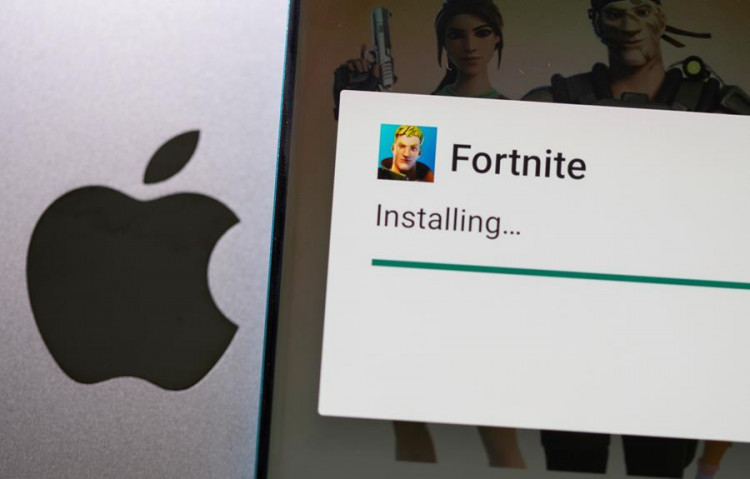"Fortnite" developer Epic Games has for years alleged the charges imposed on the company by Apple are extortionate and that the iPhone maker's control over the App Store is unfair and anti-competitive, CNN Business reported Tuesday.
In the opening salvo of Epic's much-anticipated high-profile trial against Apple, the video game developer said it wasn't suing Apple for damages. Instead, it was suing for "changes to Apple's future behavior," Epic chief executive offier Tim Sweeney said during his testimony, Monday.
Apple, for its part, used its opening arguments to characterize Epic's legal action as simply "an attack on Apple's 30% commission that Epic doesn't want to pay." Epic, as a company, has decided it "doesn't want to pay for Apple's innovations anymore," Apple contended.
"Rather than investing in innovation, Epic is investing in lawyers and PR ... to get the benefits that Apple provides for free," Apple said, according to Ars Technica.
Apple insisted the 30% charge to developers is the industry standard for gaming and that its payment system is "fair" to smaller developers.
Epic believes that game developers should be able to create apps for smartphones without having to pay huge amount of money to Apple (and to Google for Google Play purchases).
Based on estimates, Apple has made hundreds of millions of dollars from Fortnite alone in App Store charges. Spotify, Tile and Match are some of the many companies that have also claimed Apple's charges are exorbitant.
Epic argued that Apple's strict control of the App Store and its iOS ecosystem constitutes a monopoly and is calling on Apple to allow alternative apps on its devices outside of its own and what it approves.
But Apple said it invented the App Store and as a private entity it can charge what it wants.
Defining the market is critical to any potential antitrust case. Under U.S. law, having a monopoly is not illegal; it's only illegal to try to preserve a monopoly at the expense of competition, CNN Business said.
Apple is seeking to convince the court that its iOS software competes with multiple other platforms and thus does not violate antitrust law.
Several other top executives are expected to testify in the coming days, including Apple CEO Tim Cook and representatives for Facebook and Microsoft.
"Antitrust law, as it's practiced in the U.S., is a complete mess. So we have no idea. The law basically depends on what the judge had for breakfast," BBC quoted Matt Stoller, who works at the American Economic Liberties Project, as saying.
The legal showdown is expected to last at least two weeks and has the potential to transform not only Apple's app ecosystem, but also the wider app market worth hundreds of billions of dollars.





